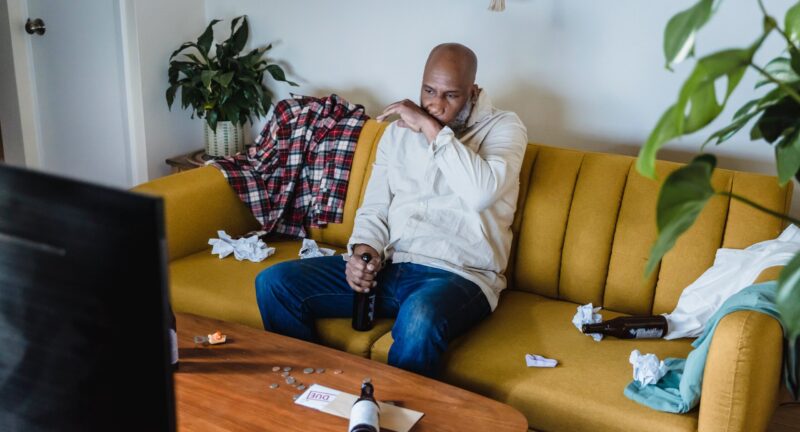Tip 1: Be True to Yourself
One of the most significant challenges young adults face in the digital age is the pressure to conform to social media standards. Remember, authenticity is key. Don’t be afraid to be yourself, quirks and all. The right friends will appreciate your uniqueness.
In-Person:
– Attend events and join groups that genuinely interest you.
– Express your opinions and interests openly, even if they differ from your peers’.
On Social Media:
– Share content that reflects your values and passions.
– Don’t be afraid to unfollow or mute accounts that make you feel inadequate.
Tip 2: Set Boundaries
Setting boundaries is crucial for maintaining healthy relationships, both online and offline. Boundaries help protect your mental well-being and maintain respect in your friendships.
In-Person:
– Communicate your personal boundaries clearly and assertively.
– Respect others’ boundaries and expect the same in return.
On Social Media:
– Adjust your privacy settings to control who can see your content.
– Learn to say no to requests or conversations that make you uncomfortable.
Tip 3: Quality Over Quantity
It’s not about the number of friends you have; it’s about the quality of those friendships. Building deep, meaningful connections will bring more joy and support than trying to be friends with everyone.
In-Person:
– Invest time and effort in a few close friendships.
– Seek out friends who uplift and support you during challenging times.
On Social Media:
– Focus on connecting with like-minded individuals rather than chasing follower counts.
– Engage in meaningful conversations and discussions with your online friends.
Tip 4: Boost Self-Esteem and Confidence
Low self-esteem and confidence can hinder your ability to form and maintain friendships. Work on building a strong sense of self-worth to improve your social connections.
In-Person:
– Practice self-compassion and positive self-talk.
– Challenge negative beliefs about yourself with the help of a therapist or counselor.
On Social Media:
– Use social media as a platform for self-expression and self-affirmation.
– Avoid comparing yourself to others; remember that what’s portrayed online isn’t always reality.
Tip 5: Seek Professional Help When Needed
If you’re struggling with peer pressure, self-esteem, or low confidence to the extent that it’s affecting your daily life and well-being, it may be time to seek help from a mental health professional. Therapy can provide invaluable tools to navigate these challenges effectively.
In-Person:
– Reach out to a licensed therapist or counselor in South Florida who specializes in working with young adults.
– Discuss your concerns and work together to develop strategies for building self-confidence and handling peer pressure.
On Social Media:
– Utilize online resources to find mental health professionals who offer virtual counseling services.
– Remember that seeking help is a sign of strength, and it’s a crucial step toward improving your overall well-being.
Navigating friendships as a young adult in South Florida can be a complex journey, but by following these five tips, you can build meaningful connections while maintaining your mental well-being. Remember, authenticity, boundaries, quality over quantity, self-esteem, and seeking professional help when needed are the keys to successful relationships.
If you find that peer pressure, self-esteem issues, or low confidence are overwhelming, don’t hesitate to reach out to a mental health professional. They can provide the guidance and support you need to navigate these challenges effectively.
Schedule an appointment today!
If you’re struggling with peer pressure, self-esteem, or low confidence, consider scheduling an appointment with a mental health professional today. Your well-being is worth investing in, and seeking help is a courageous step toward a happier, healthier life. Reach out to one of our therapists or counselors to get started on your path to self-improvement and stronger, more fulfilling friendships. Remember, you don’t have to navigate these challenges alone.



